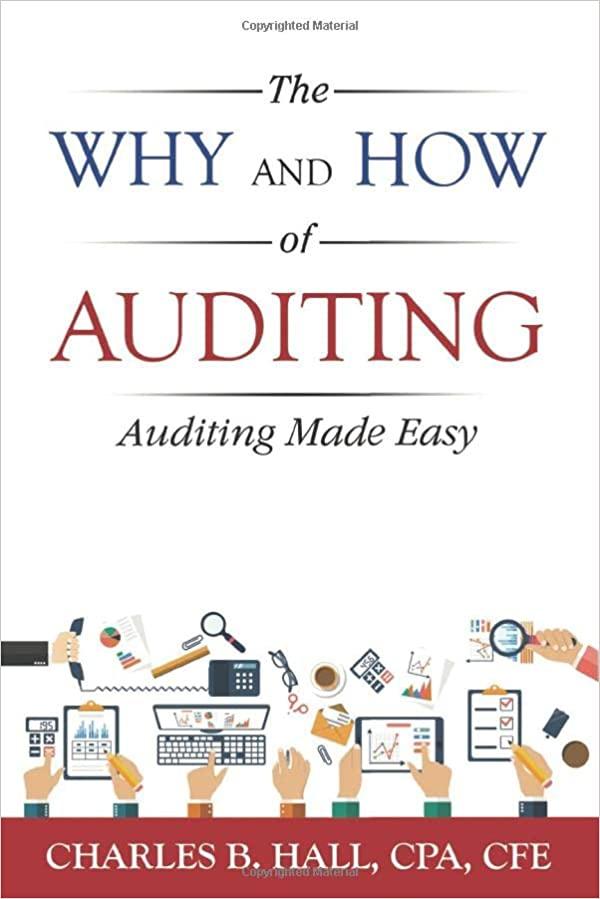Question
Facts: 1. Thomas and Robert are partners in a small successful restaurant. They want to expand but need a new location. They think their business
Facts:
1. Thomas and Robert are partners in a small successful restaurant. They want to expand but need a new location. They think their business has a FMV of $1,000,000 (and has a basis of $200,000 to Thomas and a basis of $150,000 to Robert).
2. Jeff is a real estate broker and investor. He normally buys real estate and sells it quickly. He is fully licensed as a real estate broker in Texas. Jeff has a vacant lot that he paid $800,000 several years ago. The FMV is currently $500,000.
3. Thomas and Robert approach Jeff about the following business proposition: the restaurant and the land are contributed to a new corporation. Each gets 1/3 of the stock.
4. Jeff is not sure he likes that idea and instead offers to contribute the land for a 5 year note plus 3% annual interest and 5% of the stock.
5. Jeff has a big gain from his business this year and would love to offset it somehow but does not know how to do so. Thomas and Robert do not want the transaction to cause them any gain this year.
Assignment:
What are the income tax consequences from the two ideas (#3 and #4) above?
Is there a better economic structure that will give the three people the result they desire (#5)? If so what it is and defend the idea.
Step by Step Solution
There are 3 Steps involved in it
Step: 1

Get Instant Access to Expert-Tailored Solutions
See step-by-step solutions with expert insights and AI powered tools for academic success
Step: 2

Step: 3

Ace Your Homework with AI
Get the answers you need in no time with our AI-driven, step-by-step assistance
Get Started


